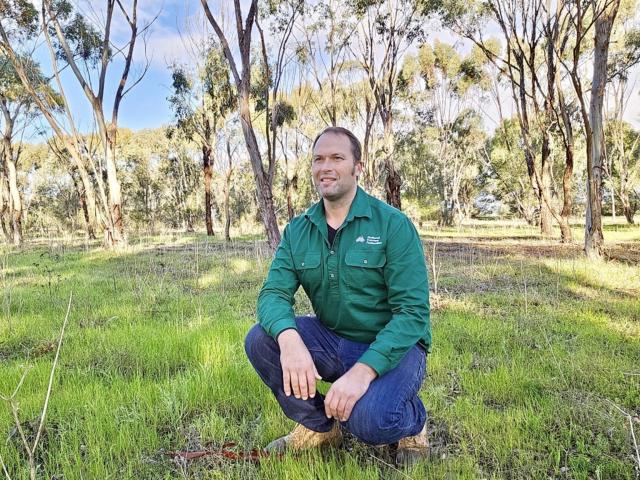The National Farmers’ Federation welcomes the interim report reviewing the adequacy of the Food and Grocery Code of Conduct, saying the recommendations would help give the code the teeth it needs.
NFF president David Jochinke said the report backed farmers’ call for the code to be made mandatory and be bolstered with greater penalties for breaches.
“The status quo clearly hasn’t worked for many producers. Farmers have continued to suffer a massive power imbalance, so we support measures to improve transparency and accountability,” he said.
“Farmers need this stronger protection in negotiations where there is a large number of small producers dealing with a small number of large retailers.
“Clearly the code has not been working as it was intended for many producers and a mandatory requirement provides more certainty and confidence to stakeholders across the supply chain.”
The NFF has also welcomed the recommendation to increase the penalties for non-compliance to up to $10 million, or even higher in some circumstances.
“This should send a strong message to retailers that the code now has teeth,” Mr Jochinke said.
“Likewise, we support the proposal to better protect farmers from commercial retribution.
“It makes sense to monitor commercial decisions by retailer buying teams following a disagreement, and that will help give producers confidence to speak up.
“The code consultation has demonstrated there appears to be behaviour at odds with not only the code, but with what retailers like the public to believe.”
The NFF notes the report has acknowledged requests to be extended into other markets, in particular the greenlife sector which is dominated by one retailer, Bunnings, with a reported market share of upwards of 70 per cent of the industry.
“We are encouraged the final report will consider this issue further as many of these growers are reporting also being subject to unfair market practices in the same way suppliers to the supermarkets have been.
“We thank Craig Emerson and the review secretariat and look forward to continuing to provide farmers’ perspectives into the final report.”








